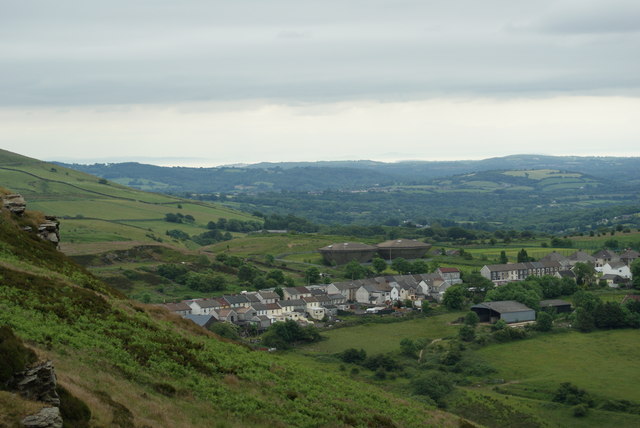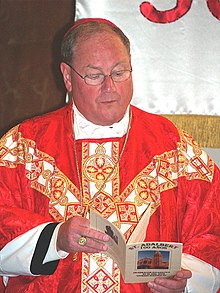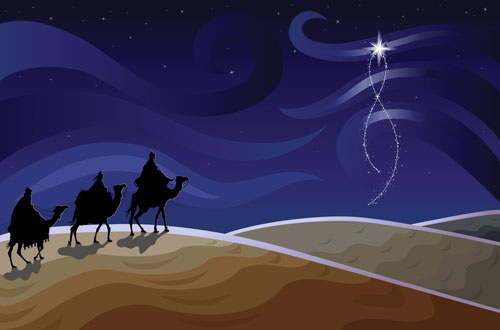I have always admired St John Bosco (16 August 1815 - 31 January 1888). I gave more than a passing thought to the idea of being a Salesian, though that notion never really took hold. But a Salesian priest in England whom I never met did play a part in my desire to be a priest. He established a group called The Guild of St Dominic Savio and members received a newsletter each month. At one stage I wrote the priest to tell him that I hoped to be a missionary priest. I was about 16 at the time. He wrote me a personal letter in which he said that there were many good priests but that the Church needed holy priests. That has stayed with me for more than 50 years now.
I have been blessed all my life as a priest - more than 44 years now - through involvement with young people, as a teacher, a retreat-giver, a confessor, an editor replying to letters, as a friend. At times young people have exasperated me but they have always given me hope and have called forth the best in me. They have been forgiving and understanding.
The second reading in the Office of Readings today, the Feast of St John Bosco, is from a letter of St John Bosco to his confreres in the Salesian Congregation which he founded to respond to the needs of boys who had little hope or direction in their lives. It is a letter that shows an understanding of human nature and of God's call to be loving.
I have highlighted some parts and added [comments].
St Dominic Savio, 2 April 1842 - 9 March 1857, a student of St John Bosco
I have always laboured out of love
First of all, if we wish to appear concerned about the true happiness of our foster children and if we would move them to fulfil their duties, you must never forget that you are taking the place of the parents of these beloved young people. I have always laboured lovingly for them, and carried out my priestly duties with zeal. And the whole Salesian society has done this with me.
My sons, in my long experience very often I had to be convinced of this great truth. It is easier to become angry than to restrain oneself, and to threaten a boy than to persuade him. Yes, indeed, it is more fitting to be persistent in punishing our own impatience and pride than to correct the boys. We must be firm but kind, and be patient with them. [So often I've seen young persons respond positively and with gratitude to kind firmness, what may be called at times 'tough love'.]
I give you as a model the charity of Paul which he showed to his new converts. They often reduced him to tears and entreaties when he found them lacking docility and even opposing his loving efforts. [No young person has ever reduced me to tears by his or her behaviour but I have been close to tears on occasion when a young person has thanked me for being firm and showing care.]
See that no one finds you motivated by impetuosity or wilfulness. It is difficult to keep calm when administering punishment, but this must be done if we are to keep ourselves from showing off our authority or spilling out our anger. [This echoes last Sunday's gospel, Mark 1:21-28, where the people recognised the inner authority of Jesus.]
Let us regard those boys over whom we have some authority as our own sons. Let us place ourselves in their service. Let us be ashamed to assume an attitude of superiority. [The Handbook of the Legion of Mary, written by its founder, the Venerable Frank Duff, urges a similar approach to persons.] Let us not rule over them except for the purpose of serving them better. [Elected officials and anyone in a position of authority might take this to heart.]
This was the method that Jesus used with the apostles. He put up with their ignorance and roughness and even their infidelity. He treated sinners with a kindness and affection that caused some to be shocked, others to be scandalised, and still others to hope for God’s mercy. [Read an extraordinary instance of this in yesterday's post in Remembering Fr William Doyle SJ.] And so he bade us to be gentle and humble of heart.
They are our sons, and so in correcting their mistakes we must lay aside all anger and restrain it so firmly that it is extinguished entirely.
There must be no hostility in our minds, no contempt in our eyes, no insult on our lips. We must use mercy for the present and have hope for the future, as is fitting for true fathers who are eager for real correction and improvement.
In serious matters it is better to beg God humbly than to send forth a flood of words that will only offend the listeners and have no effect on those who are guilty.
Blessed Laura Vicuña (5 April 1891, Chile – 22 January 1904, Argentina, educated by the Salesian Sisters, Patron of victims of abuse

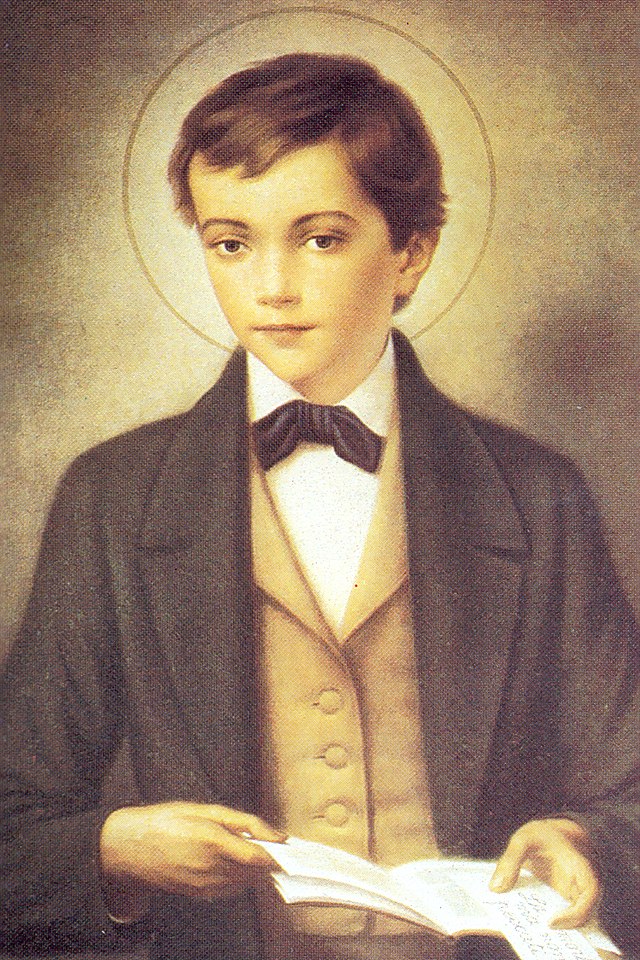
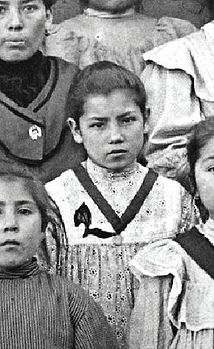



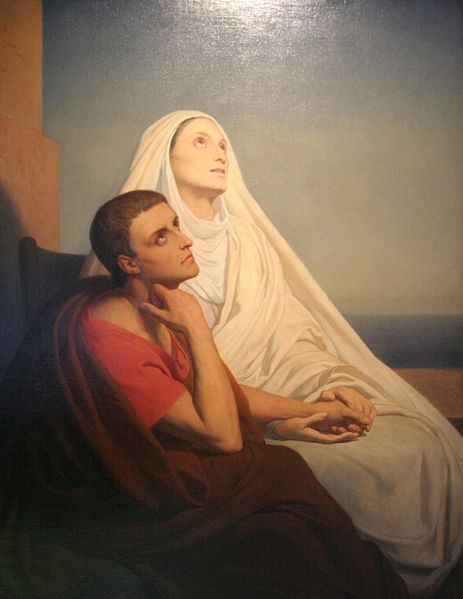










.jpg)

